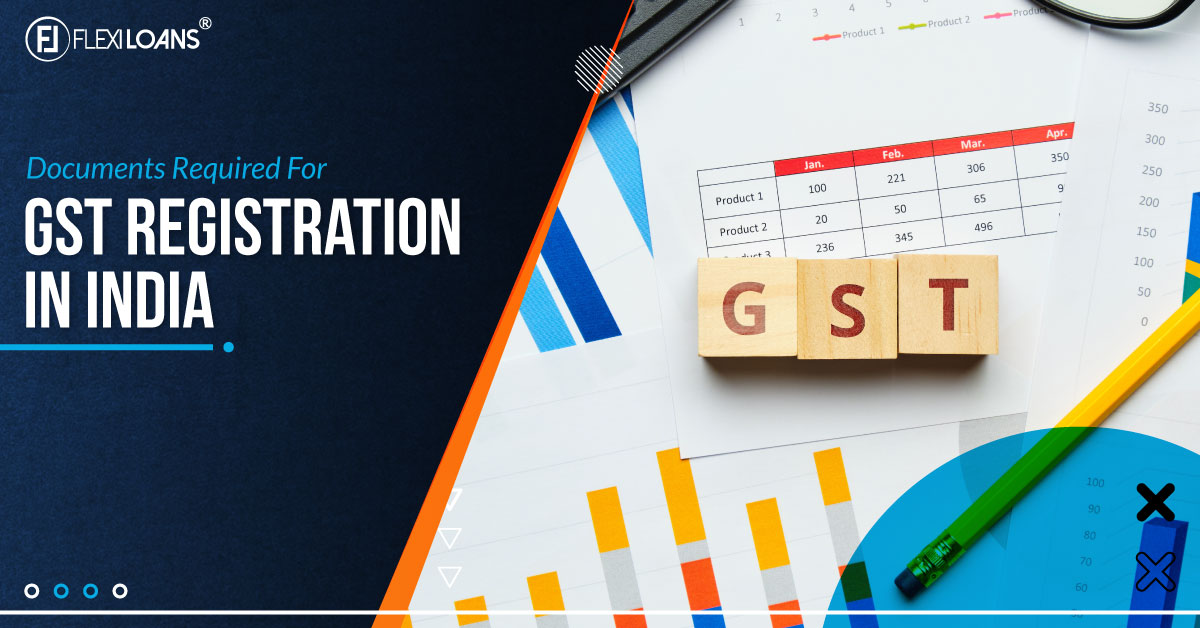Comprehensive Guide to the very best GST Registration Services in Singapore
Comprehensive Guide to the very best GST Registration Services in Singapore
Blog Article
Throughout: The Ultimate Roadmap to GST Enrollment for Organizations Seeking Financial Security
Browsing the complexities of Item and Solutions Tax Obligation (GST) registration is a crucial step for organizations pursuing economic stability. From recognizing the basic principles of GST to following post-registration standards, the procedure can seem discouraging in the beginning glimpse. Nevertheless, breaking down the roadmap into convenient actions can enhance the registration journey for services looking to improve their economic standing. Let's discover the crucial elements that comprise this ultimate roadmap and uncover exactly how each phase adds to laying a solid structure for monetary success.
Comprehending GST Essentials
Diving into the fundamental concepts of Product and Solutions Tax (GST) is necessary for obtaining a thorough understanding of its effects on businesses and the economic situation. GST is a value-added tax levied on many products and services for residential usage. It has actually replaced several indirect taxes that existed in the pre-GST period, improving the tax framework and improving simplicity of doing business in India. Under the GST system, both goods and solutions are strained at a particular rate, which is established based upon their classification. If their annual turnover goes beyond the threshold limitation set by the government, services are called for to sign up for GST. Input Tax Credit Rating (ITC) is a substantial feature of GST, permitting companies to claim credit score for taxes paid on inputs, lowering the overall tax obligation concern. Recognizing the fundamentals of GST is crucial for organizations to abide by tax obligation regulations, handle their finances effectively, and contribute to the nation's economic development by getting involved in a transparent tax system.
Eligibility Requirements for Registration
As of the present policies, the threshold limit for GST registration is a yearly aggregate turnover of 40 lakhs for services operating within a state, other than for unique category states where the limitation is 20 lakhs. In addition, certain companies are needed to sign up for GST irrespective of their turn over, such as interstate providers, casual taxed individuals, and organizations accountable to pay tax obligation under the reverse charge system. It is critical for services to thoroughly evaluate their turnover and transaction types to establish their GST registration obligations accurately.
Papers Required for Enrollment
Having actually fulfilled the eligibility criteria for GST registration, services have to currently ensure they have the requisite documents in place to wage the enrollment procedure effectively. The documents needed for GST registration commonly include evidence of business constitution, such click for more as collaboration act, registration certificate, or incorporation certificate for different kinds of organizations. Additionally, organizations need to offer papers developing the primary area of business, such as a rental agreement or electrical energy costs. Frying pan card of business, as well as the identity and address proof of promoters/partners/directors, are necessary for confirmation purposes. Checking account statements, in addition to canceled cheques or a copy of the financial institution passbook, are required to confirm the monetary information supplied throughout registration. Moreover, services have to have electronic signatures prepared for the licensed signature. Ensuring all these papers are organized and conveniently available will certainly accelerate the GST enrollment process, allowing organizations to follow tax laws seamlessly.
Step-by-Step Registration Refine
Commencing the GST enrollment procedure involves a collection of organized steps to ensure a certified and seamless registration for organizations. The initial step is to see the GST portal and submit the enrollment kind with accurate details of the service entity. Following this, the applicant gets a Short-term Referral Number (TRN) which is used to return to the application process if Visit This Link it's not finished in one go.
Next, all called for documents based on the list offered by the GST portal need to be posted. These documents usually consist of evidence of service identity, registration and address proofs of promoters, monetary declarations, and organization entity's PAN card.

Post-Registration Conformity Standards

Conclusion
Finally, companies looking for monetary security must comprehend the basics of GST, meet eligibility requirements, gather required files, comply with the detailed enrollment process, and follow post-registration guidelines - Best GST registration services in Singapore. By sticking to these steps, organizations can guarantee compliance with tax laws and keep financial security in the future
In addition, specific companies are required to sign up for GST irrespective of their turnover, such as interstate providers, casual taxed persons, and organizations accountable to pay tax obligation under the reverse fee mechanism.Having actually fulfilled the qualification criteria for GST enrollment, services have to now ensure they have the requisite records in area to proceed with the registration procedure efficiently. The records needed for GST enrollment normally consist of proof of business constitution, such as collaboration deed, enrollment certificate, or incorporation certification for various types of companies. Additionally, services need to supply documents establishing the principal location of service, such as a rental agreement or electrical power bill.Commencing the GST enrollment process entails a collection of organized actions to ensure a certified and smooth registration for organizations.
Report this page